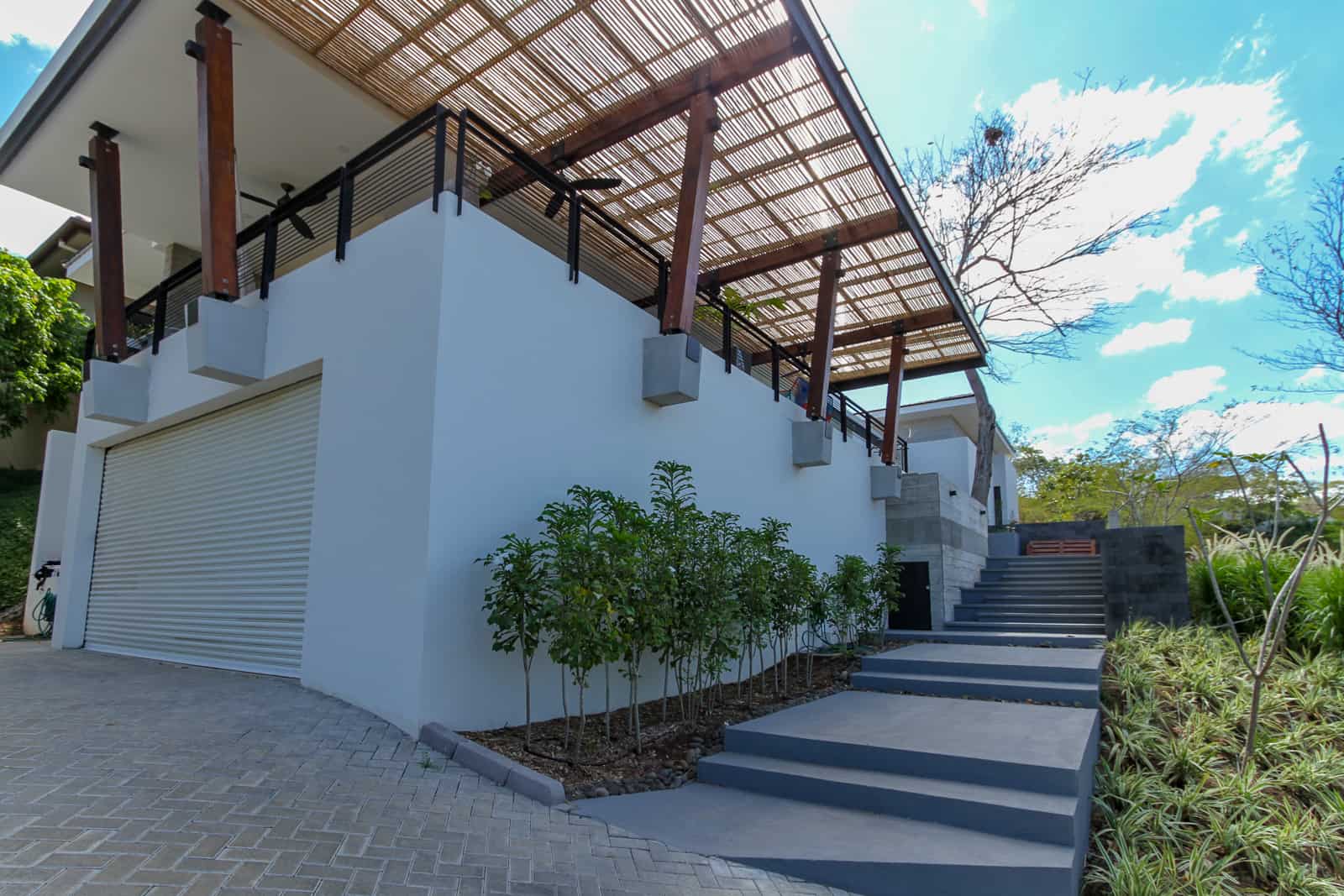“All good things must come to an end.”
This saying is particularly sad when it applies to having to sell your little piece of paradise in Costa Rica. However, selling your property doesn’t have to be difficult, provided you take steps in advance to prepare for the transaction. For example, selling will be much easier if your property is properly priced and marketed. Here is what you need to know to make the selling process as smooth and stress-free as possible.
You can hold Costa Rica real estate in your personal name, or that of a Costa Rican corporation, a trust or even a foreign corporation or entity. However, since most properties are held either in the name of a person or a Costa Rican corporation, it is important to know what is needed in each case.
The following list includes 10 things you should know when selling your Costa Rica property. What items you require depend on how the buyer’s offer is written and the results of the due diligence performed by the buyer’s legal team. Another factor is whether the property is in your personal name or the name of a Costa Rican corporation.
In either case, be safe and use the services of your local Costa Rican notary (Spanish “notario”) or attorney to assist you in obtaining the required documents and in the subsequent sale of your property.
- Proof of legal water availability: You can get this document from either AyA (Instituto Costarricense de Acueductos y Alcantarillados), the municipality where the property is located, or from an ASADA (community water administrator). If the property has a legally registered private well, get a document confirming this.
- Proof of electrical service: This includes the name of the company providing the service and the current contract number.
- Proof that the property was built legally: If you are purchasing a condo or a house, the municipality will have copies of the building permits and licenses required to build the property.
- Proof the property taxes are paid up to the closing date: The municipality for the area where your property is located will have this information.
- Proof all utilities (water, electricity, cable, and telephone) are paid up to the date of closing
- Proof of the Solidarity Tax Assessment: If your property is a home or a larger condominium, you will need proof of the Solidarity Tax Assessment (Spanish “Impuesto Solidario para el Fortalecimiento de Programas de Vivienda”). If your property is subject to this luxury home tax, you will need proof payments were made from the tax inception in 2009 to closing.
- Home Owners Association or Legal Condominium Association details: If the property is in a registered Home Owners Association or a Legal Condominium Association, you may need to provide the rules and regulations of the development. This may include the minutes from the most recent HOA or Condo Association meetings and a financial report of the development. All special assessments and monthly maintenance fees should be paid up to closing.
- A “Certificado Catastral” (certified plot plan/survey of the property)
- A “Literal de Inmuebles” (certification of the property)
- A copy of your valid, non-expired passport
If your property — whether a house, condo, or unimproved land — is registered under the name of a Costa Rica corporation, this can make selling the property easier. One advantage is you will not be required to be present at closing if you have a detailed special power of attorney (SPA) and updated shareholders meeting minutes. If both these documents are logged in the legal books of the corporation, then someone in Costa Rica can sign on your behalf at closing. A second benefit is that shares of the corporation can be transferred to a new buyer. Once again, a special power of attorney (SPA) will be required for this transaction.
If you have registered the property in your personal name, they will probably require you to be present at the closing to sign all documents. On the bright side, that may mean experiencing Costa Rica one last time.
An alternative to signing in person is to execute a special power of attorney, signed in front of a registered Costa Rica notary. The least expensive way to do this is to have your attorney draft the special power of attorney and send it to the Costa Rican consulate nearest you. Once the SPA is approved, an appointment date and time will be set for you to go to the consulate and sign the document.
So, to make selling your Costa Rica property a hassle-free experience, have all your paperwork prepared before you receive your first offer.
ABOUT THE AUTHOR
Originally from New York, Joseph Emanuelli is a 12+ year permanent resident of Costa Rica and Originally from the US. A SUGEF registered broker at RE/MAX Tres Amigos in Playa Hermosa, holding the designations of Certified International Property Specialist, Certified Luxury Home Marketing Specialist and many more from the National Association of Realtors.
You can reach Joseph by visiting his website, Costarican-American-Connection, or call him at 506-8358-6617 (cell) or 506-2672-4100 (office), or Toll free from the US and Canada 1-877-661-6074.






